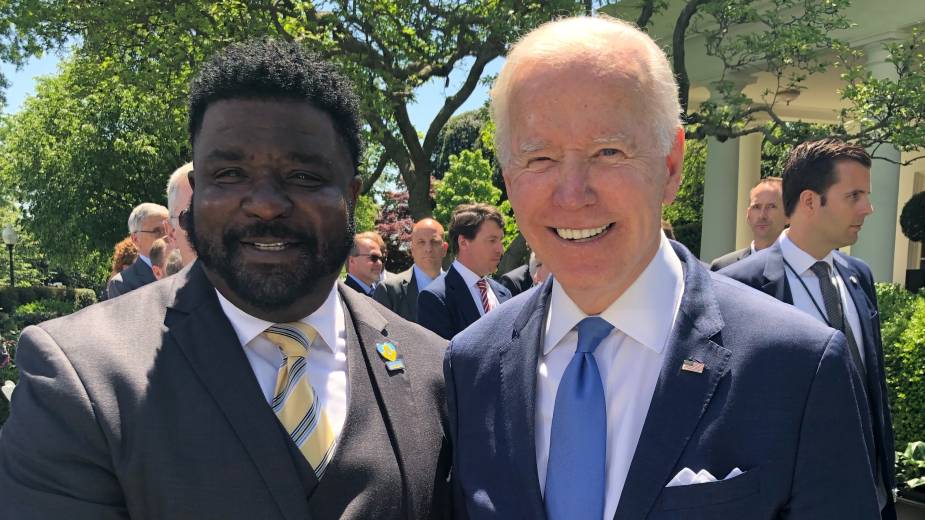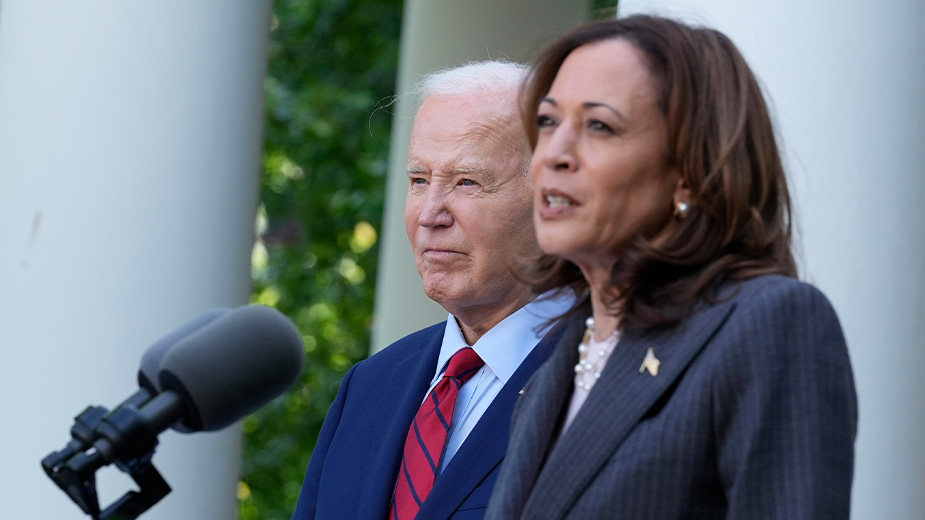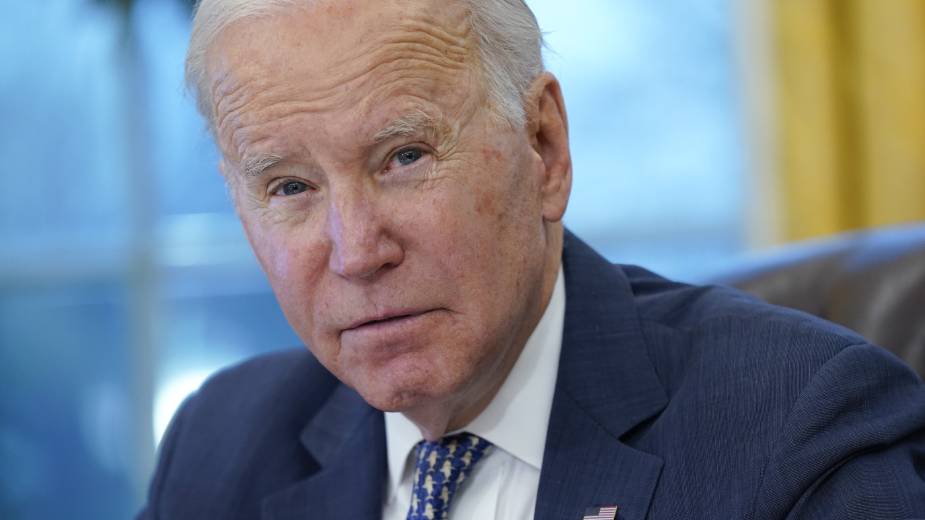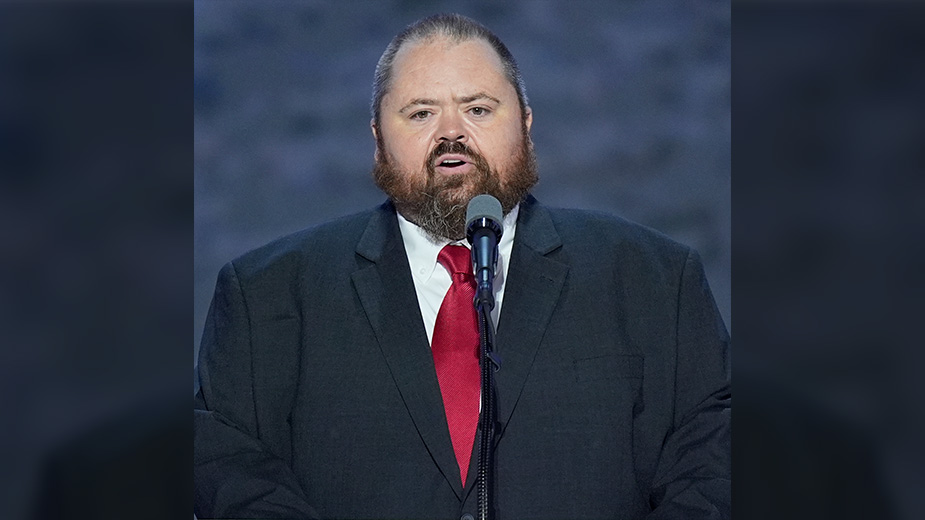Youngstown Mayor on Hand at White House Press Event
YOUNGSTOWN, Ohio – Mayor Tito Brown said it came as a surprise when he received an invitation Friday afternoon to a press conference held Monday at the White House Rose Garden.
“I think my participation with the U.S. Conference of Mayors and my early support of the president helped,” Brown said. “I was one of a few mayors across the country that said they liked Joe Biden and stuck with him.”
Brown was invited to a press event yesterday afternoon in which Biden and Vice President Kamala Harris rolled out the administration’s plan to reduce the cost and expand access of broadband to households across the United States.
The effort, called the Affordable Connectivity Program, has won the cooperation of internet providers that serve about 80% of the country.
Brown said the initiative is likely to have an impact on bridging the digital divide in communities such as Youngstown.
“One of the bigger pieces is that all the private-sector providers were there,” Brown said. “They all agree that this is something we need to do.”
Biden, in his remarks, referenced how COVID-19 hit households hard, especially those that could not afford, or did not have access to, high-speed internet.
“We saw during the pandemic about how essential high-speed internet really is,” Biden said. Students across the country had to pivot to online education since schools were shut down, while seniors needed to connect with their physicians through telemedicine when doctors’ offices were closed.
“High- speed internet is not a luxury any longer,” the president said. “It’s a necessity.”
The bipartisan infrastructure bill passed last year included $65 billion to expand access to broadband internet across the country.
However, many families and individuals found they cannot afford the costs of a broadband internet plan, Biden said. “These folks are our seniors who have to take their telemedicine visits in the local library,” she said. “These are parents who cannot afford to work remotely.”
The Biden administration has secured commitments from 20 communications companies in the private sector that serve nearly 80% of the United States to offer eligible families at least one high-speed internet plan for $30 a month or less.
Moreover, the ACP will provide discounts of up to $30 per month to eligible households, reducing the costs for those eligible to nearly zero.
“It’s a double bonus for people who qualify,” says Pat Kerrigan, executive director of the Oak Hill Collaborative, a nonprofit based in Youngstown.
The program has the potential to benefit a sizeable portion of the city’s population, he said. Oak Hill and the Eastgate Regional Council of Governments have been working to implement better access to broadband for several years.
To qualify, household income must be at 200% or below the federal poverty guideline. Households could also be eligible if at least one member receives free or reduced school lunches; is enrolled in Medicaid; collects Supplemental Security Income; received a Federal Pell Grant; enrolled in Tribal Assistance programs; receives Supplemental Nutrition Assistance Program (Snap) benefits; or receives Special Supplemental Nutrition Program for Women, Infants and Children (WIC).
Some 48 million households across the country could be eligible for the program.
“This is a very good thing,” Kerrigan said. “One of the things I like it is that Biden is taking a leadership role to get fast internet to as many people as possible. It’s also bipartisan.”
Steve Kristan, broadband coordinator for Eastgate, said the program rolled out on Monday is a better version of the Emergency Broadband Benefit program that was available during the pandemic.
“It’s the same sort of program, but the eligibility is much broader,” Kristan said, enabling accessibility for more people.
More adoption is critical for communities that struggle with health issues, Kristan said, citing high rates of infant mortality during the pandemic. “Things such as telehealth could make a big difference.”
He said there are between 9,000 and 10,000 households found in zip codes mostly within the city that were already enrolled in the EBB program.
Plus, he says the majority of households in the city qualify for either reduced or free school lunches, making them eligible for the program, Kristan said.
“The city has been great to work with,” he noted. “We need to get more people connected.”
Copyright 2024 The Business Journal, Youngstown, Ohio.



